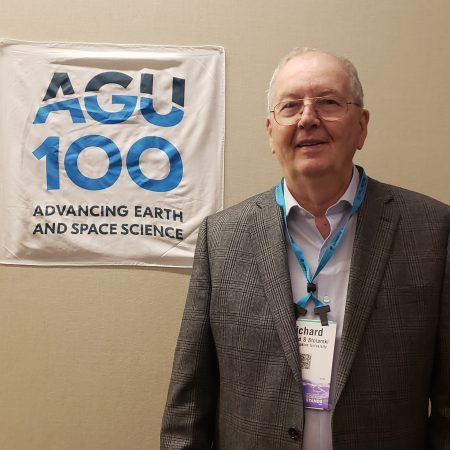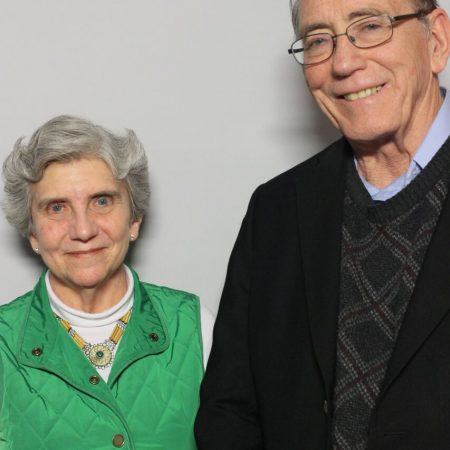Refine
Date Range Clear
Recorded by Clear
Keywords Clear
Partnerships Clear
- No matching terms.
Organizations Clear
- BAERI 11
- NASA Ames 9
- American Geophysical Union 4
- NASA 4
- Bay Area Environmental Research Institute 3
- 8 more
Places Clear
Languages Clear
Initiatives Clear
- No matching terms.
Steve Montzka has been at NOAA for 28 years, working on atmospheric science, atmosphere chemistry, and trace gases in the atmosphere. He started there as a post-doc, drawn by the work he saw NOAA scientists doing on the hole in...
Aaron Piña is the National Program Lead for Atmospheric Sciences and Fire Weather Research at the United States Forest Service where he runs a research program that helps transition knowledge into the hands of decision makers around the world. Initially...
Alicia Hoffman is a graduate student at the University of Wisconsin - Madison. She is studying air quality and how to model the chemistry that impacts our air, using the Community Multi-scale Air Quality Model — developed by the Environmental...
Stephanie Marie Ortiz Rosario is an undergraduate student and Physics major from the University of Puerto Rico-Mayagüez. Over the summer, Stephanie will be participating at SaSa, the Student Airborne Science Activation, summer program. SaSa is hosting 25 early-career undergraduates (first-...
David Moore is a first-year graduate student at UCLA. He is studying tropical cyclones, also known as typhoons or hurricanes, on Earth. In his graduate research work, David is researching how to bridge the gap between planetary atmospheres and meteorology...
Kennedi White is one of 25 students starting in the new Student Airborne Science Activation (SaSa) program at the NASA Ames Research Center. Students at SaSa are undergraduates from minority-serving institutions, competitively selected across the United States. Over the course...
Dr. Laura Iraci is a research scientist in the Earth Sciences Division at NASA Ames, where she leads a group focusing on air and where human pollution goes. In this interview, we discuss her early interest in high school chemistry...
NASA Atmospheric Scientist Dr. Caroline Dang analyzes particles in the atmosphere and compares them with particles collected from flight observations to better understand aerosols in Earth's atmosphere and how they interact with clouds and radiation.
Dr. Diana Gentry, a research scientist at NASA Ames Research Center, studies aerobiology (microbes in clouds), biodiversity, biomaterials, and biological systems. Diana describes herself as at the nexus of both science and engineering where she speaks both languages and translates...
Dr. Matthew Johnson's research is in atmospheric chemistry, a branch of atmospheric science, which looks at the composition and chemistry of Earth's atmosphere, such as aerosols and trace gas emissions, and how particles may impact human health. Dr. Johnson's research...
Dr. Charles Gatebe's research focus is on clouds aerosols, ecosystem structure and function, albedo, and feedbacks to climate. In this interview, we chat about his science journey pursuing science, starting with his interest in studying Kenya’s air pollution, and how...
Dr. Chris Potter is a Research Scientist in Earth Science at the NASA Ames Research Center. In this interview, we discuss his research that is part of the collective project, the rapid response and novel research in earth science, which...
In this interview, Dr. Meloe S. Kacenelenbogen discusses her expertise in ‘aerosols,’ suspended particles in the atmosphere. These small particulates can affect air quality and human health and can also impact the Earth’s radiation balance. We also discuss why she...
Four graduate students at the Graduate Climate Conference 2019 talk about why they are passionate about climate science, what they're worried about for the future, and what they are excited about.
Steve Montzka has been at NOAA for 28 years, working on atmospheric science, atmosphere chemistry, and trace gases in the atmosphere. He started there as a post-doc, drawn by the work he saw NOAA scientists doing on the hole in...
Distinguished Professor of Environmental Science & Management at UC Santa Barbara speaks with Ph.D. candidate in the Hydrogeology program at the University of Nevada, Reno.
Kenneth Jucks, Program Manager for the Upper Atmosphere Research Program at NASA Headquarters, has gone from launching weather balloons, what he calls a “poor man’s satellite” to take measurements up to 25 miles above the Earth’s surface, to managing five...
Alan Gorchov Negron and Colten Petersen, University of Michigan, share their stories of becoming scientists, and their hopes for their continued research and involvement in geosciences. What is the role of an earth scientist? What is the role of climate...
Mei Zheng studies and teaches atmospheric science at Peking University. She’s passionate about training the next generation of scientists, and ensuring that everyone has access to clean air. “A teacher’s job is to encourage, inspire, and challenge students to do...
Paul Newman, Chief Scientist for Earth Science at NASA Goddard Space Flight Center and the co-chair to the Montreal Protocol, is one of the planet’s top ozone watchdogs – a self-described detective who looks for any chemicals which may deplete...
Michael MacCracken, chief scientist with the Climate Institute came to Washington, DC supposedly for one year, to help ten different agencies involved in climate research to work better together. He stayed for nine years, becoming the liaison to Vice President...
Richard Stolarski, research professor shares the journey of his involvement with the movement to address ozone depletion. He discusses how a multi-disciplinary team of scientists came together to heal the ozone layer, and how the world came together with the...
Ellen and Lonnie share stories of their lives and careers together as paleoclimatologists collecting ice cores. The two also discuss how the common language of science transcends boundaries and can build bridges. (Recorded 14 December 2017)
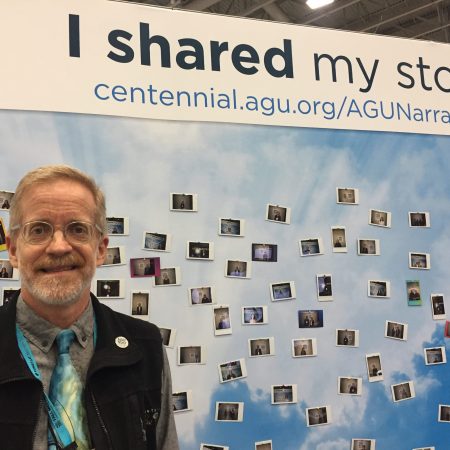
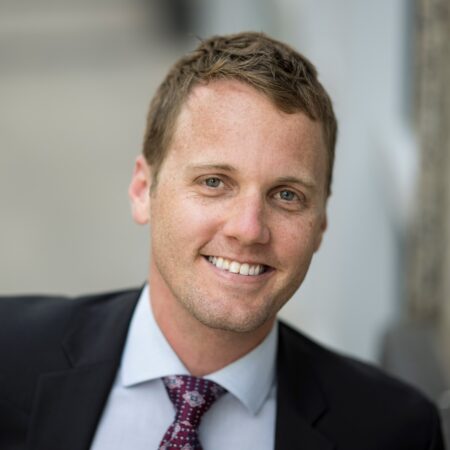
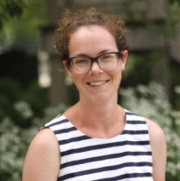
!["When I was a child I always loved nature -- I [knew] I wanted to become a scientist." A conversation with Stephanie Marie Ortiz Rosario.](https://archive.storycorps.org/uploads/2022/06/62abe55c5223e__ortizrosario_stephaniemarie_professionalpicture_-_stephanie_m_ortiz-rosario-450x450.jpg)
![“How far you go [in your science career] depends on how big your curiosity is." A conversation with David Moore.](https://archive.storycorps.org/uploads/2022/06/62a95661e5c99__david-moore-450x450.jpeg)
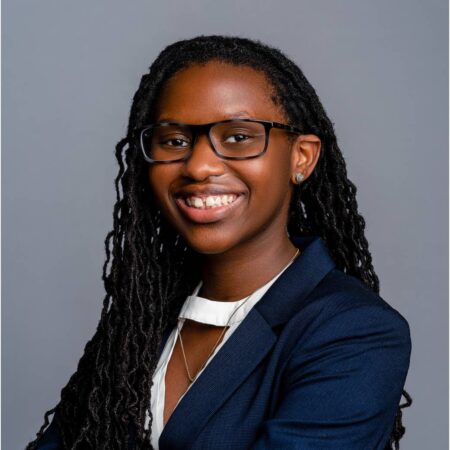
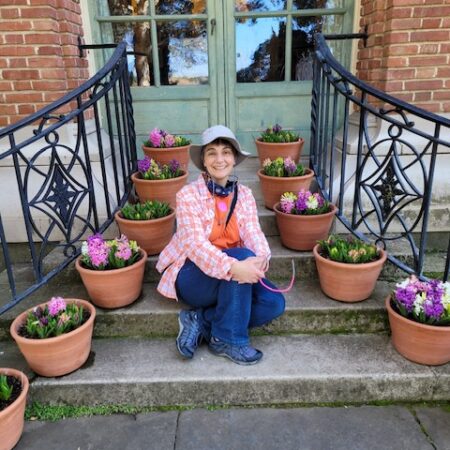
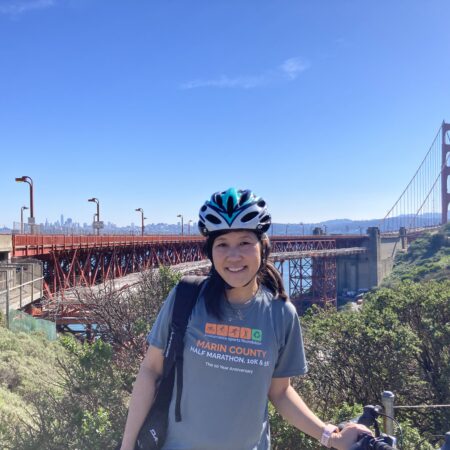

!["If you really enjoy it [science], all the work will be worth it." An interview with Matthew Johnson.](https://archive.storycorps.org/uploads/2021/02/6038002972612__M.Johnson_ceremony_pic_2020.11.11_submit_PROFILE-450x450.jpg)
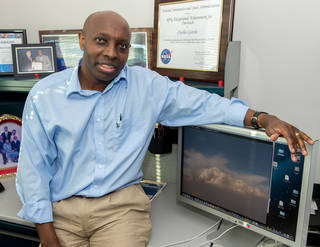
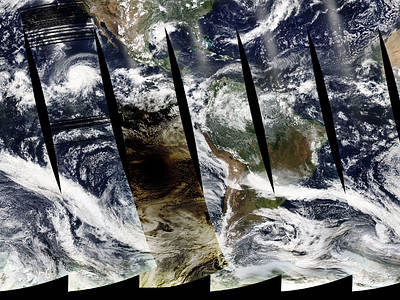
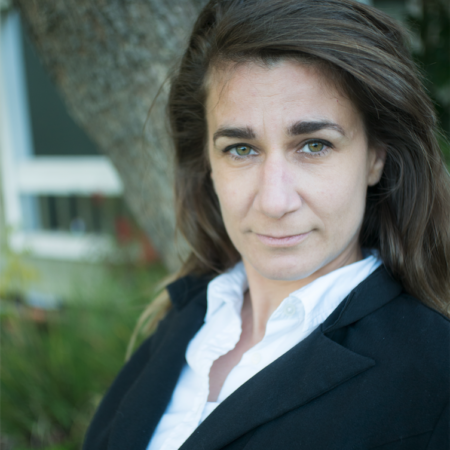

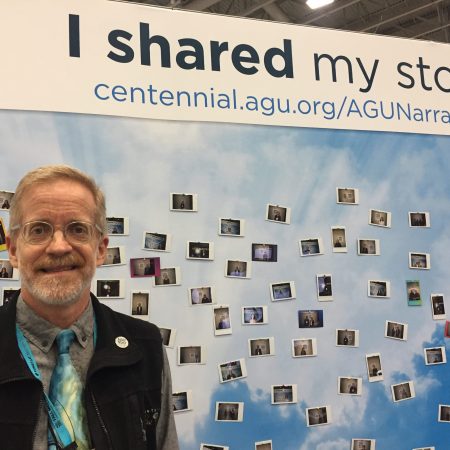
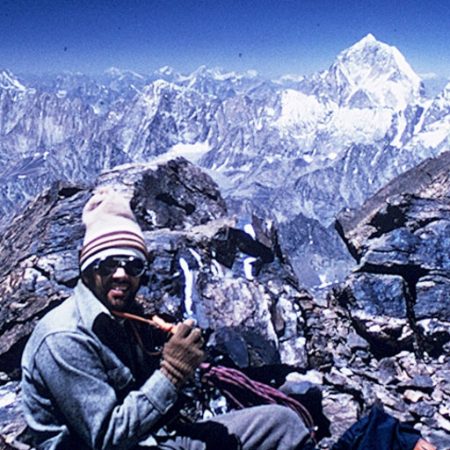
![“[The Montreal Protocol] is one of the few areas where the international community really came together." an interview with Kenneth Jucks](https://archive.storycorps.org/uploads/2019/01/181210_Jucks-1-450x450.jpg)
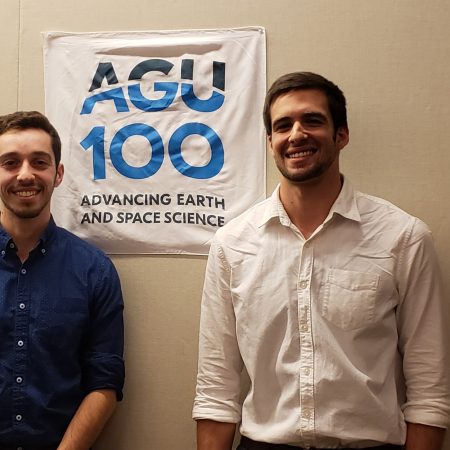
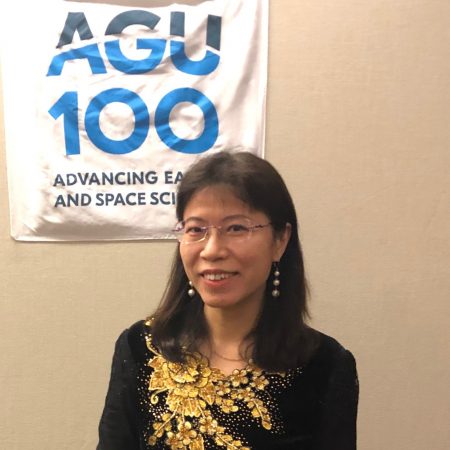

![If you're complaining, you better come back here and try and help us [with climate change policy]." an interview with Michael MacCracken](https://archive.storycorps.org/uploads/2018/12/101218MichaelMacCracken-450x450.jpg)
